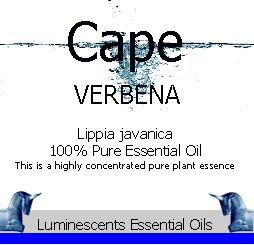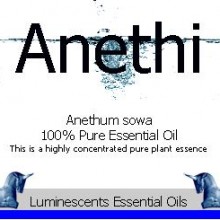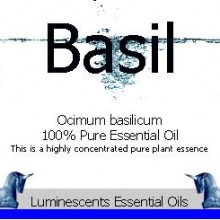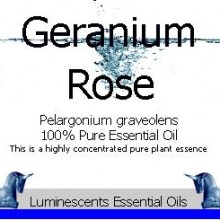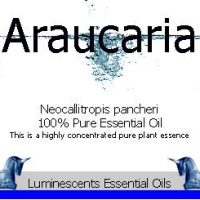Cape Verbena sometimes known as Zinziboar Wild Verbena is probably Africa’s most under-rated fragrant medicinal plant. It is used to treat a variety of medicinal ailments, as well as pest control in grain stores. Some of Cape Verbena’s potential has only recently come to light. Lippia javanica is a woody shrub which can reach a height of two metres. The leaves have stiff hairs, with conscious veins. The small white and yellow flowers form heads of dense clusters.
Traditional Uses for Cape Verbena Essential Oil:-
Different parts (the leaves, twigs and occasionally the roots) of the plant are used for different reasons.
The essential oil has a healing, soothing effect on the skin; it has a strong antiseptic action and is helpful in the treatment of insect stings and bites. It will calm skin rashes including heat rash and measles, it also takes the burn out of scratches and grazes. It is very useful in the treatment of head lice and scalp infections. A strong chest remedy. Eases persistent, chronic coughs including bronchitis, pleurisy and asthma, will open the bronchial tubes and loosen excess mucous. It will bring down a fever.
Helpful in the treatment of the common cold and influenza. Will arrest nose bleeds, childrens playground injuries. Soothing to tried overworked muscles and will ease sprained joints and bruising. A tonic to the whole system. Adds a beautiful fragrance to cupboards and will keep away moths and insects.
Cape Verbena Essential Oil Blends Well With:-
Angelica, Benzoin, Cedarwood, Grapefruit, Mandarin, Neroli, Palmarosa, Petitgrain, Yarrow.
History:-
The Xhosa people are known to drink at as a weak infusion as a tea substitute and in a stronger infusion for the treatment of coughs, colds and bronchial problems in general. They use the leaves and stem and drink it with milk or water. In addition the Xhosa people also use Lippia javanica for the disinfection of meat that has been infected with anthrax.
CAUTIONS: May cause Photosensitivity in some.

